Biohacking. What is biohacking? What’s the definition of biohacking? Explanation of biohacking & 8 topics, like lifestyle, experiments, etc. Hacking your body and your mind for optimal results, and enhancing yourself through all sorts of technological developments, such as immortality. This article also includes a biohacking model, examples and 2 presentations.
Biohacking is both a personal and a technological development that’s going to have a big influence on our life and our society. What’s the definition of biohacking? What kind of interesting trends and shifts are taking place? What kind of consequences will these have?
Biohacking definition
What is biohacking? According to some, biohacking refers to using biology with the mindset of a hacker. There’s no single, established definition of the term yet. These are a few other definitions that are currently being used:
- ‘It’s the symbiosis between your body and technology.’
- ‘Optimizing your body through the use of biology and technology.’
- ‘Creating an environment for optimal performance.’
- ‘Biohacking is messing around with your body.’
Biohacking is a very broad concept. It ranges from people that drink bulletproof coffee or people that have chips implanted in their body, to people that use at-home DNA analysis kits. Biohackers often associate themselves with biopunk, transhumanism or techno-progressivism. Some biohackers are mostly focused on improving their performance, whether it be physically or at work.
For me, this is what it comes down to: biohacking is about optimizing your life and your body, through the use of technology, biology, holistic research and personal experiments. As I explain later on in this article, this is still quite a broad definition that encompasses a wide variety of aspects.
Video biohacking
I made a video about biohacking on my Youtube channel. In the video I explain the definitions of biohacking, examples of biohackers, the impact of biohacking and much more.
Watch the video:
Speaker biohacking
Are you looking for a speaker about biohacking? At the Physics of the Future symposium at the Technical University of Eindhoven, the Netherlands, I gave a presentation about biohacking. You can see the slides near the end of this article.
Watch the video below:
Human enhancement
The term ‘biohacking’ is closely related to the term ‘human enhancement’. As described by the Rathenau Institute: ‘The human body has become a quantifiable object; a collection of ones and zeros that can be measured, mapped out, manipulated, monitored and enhanced, and which you can intervene in, make more efficient, influence and have control over.’
In my opinion, this is the most apt and comprehensive definition. That’s why this is the definition I like to use in my keynotes and presentations on biohacking.
What is biohacking?
As you can see in the definitions in the first part of this article, biohacking includes many different aspects. It’s about enhancing your cognitive and physical performance, quantified self, DIY Grinding (implanting chips in your body), 3D bio-printing, genetic engineering humans, longevity, singularity and, ultimately, transhumanism.
I find this fascinating. How can I enhance my life and my body? Which technological and non-technological devices can I use to do so? What kind of impact does that have on my life as an individual, and on a societal level?
For me, biohacking consists of three different categories:
- Self Tracking
- Human Performance Improvement
- Human Enhancement.
These categories include a variety of sub-categories. In the rest of the article, I’ve mapped out how these subcategories relate to each other.
1 Self-tracking
Self-tracking comprises quantified self and lifelogging/streaming.
Quantified self: measuring, monitoring and analysing various aspects of your life. Examples include activity trackers that measure whether you are getting enough exercise during the day, apps you can use to log what you’re eating and drinking, or sensors that measure how well you’re sleeping.
Lifelogging and streaming: documenting a variety of aspects of your life and continuously sharing aspects of your life in real-time (streaming).
For example, you can track (and improve) your diet. The BBC interviewed my about this:
I interviewed Bob Troia (quantifiedbob.com) about quantified self and how this relates to biohacking:
2 Human performance Improvement
The category Human Performance Improvement consists of body-, mind- and consciousness hacking.
- Body hacking: ways to enhance your body, health, and/or physical performance. This includes exercise and training, but it also includes lifestyle and diet.
- Mind hacking: ways to enhance your cognitive performance. Techniques and strategies to improve your brain speed, become more creative or improve your memory. Another concept related to Mind Hacking is
- Consciousness Hacking, which is about using technology for spiritual growth.
Famous biohackers in this categorie are Dave Asprey (founder of Bulletproof) and Ben Greenfield (fitness guru).
Optimal lifestyle gadgets
Biohackers that strive for human performance improvement like to use all kinds of technologies, apps and gadgets for their optimal lifestyle. For example: infrared light, saunas and supplements. Watch a couple of videos about these gadgets below.
One of the methods biohackers use for improving their health and performance is light therapy, like infrared and red light. I interviewed Bjørn Ekeberg from Recharge about their portable device called the Flexbeam.
Another technique is the frequent use of saunas. I interviewed Rhonda Patrick from foundmyfitness.com about the studies that she found.
3 Human Enhancement
Human Enhancement encompasses three categories: Human Augmentation, Biotechnology and Transhumanism.
Human Augmentation. This term is quite similar to Human Enhancement, but Augmentation refers to adding elements to the body. One example is the addition of electronics. For instance, I had an NFC chip implanted in my left hand.
The last example is DIY Grinding. DIY Grinding is the modification of the human body, through the use of technology. This, in combination with neurotechnology, is another subcategory of Human Augmentation. Neurotechnology is the study of the human brain, and of the ways in which we can modify this.
- Find out more about human enhancement, human augmentation, and cyborgs.
Biotechnology. Biotechnology is concerned with finding techniques to leverage biology for practical purposes. It’s a very broad field of study. That’s why I’ve divided it into two subcategories; Genetic Modification and Epigenetics.
Genetic Modification is the modification of the DNA and RNA of living organisms. Epigenetics is closely related to this; it’s the study of how genes influence the development of an organism. I’ve also written about other developments, such as 3D bioprinting, DIY biology, synthetic biology, stem cells and cultivating meat in a lab, in my article on biotechnology.
Transhumanism is a philosophical school of thought that aims to break down the barriers that have been set in place by nature, and that are holding us back as humans. These barriers include age and skills, but also the way in which our humanity takes shape.
Transhumanism also covers the subcategories Inmmortality and Superhuman.
Immortality refers to the idea that technology and scientific breakthroughs will enable us to become significantly older, or even completely immortal.
The Superhuman is a development that not only allows people to grow much older, but also to have more skills and capabilities (among others, through aspects that I previously described, such as genetic modification and neurotechnology).
- Read all about transhumanism, longevity and anti-aging here
I had an interview with professor Julian Savulescu about human enhancement and the ethical debate:
Auxilliary technologies
There are several technological developments that I haven’t included in my biohacking model, but that do accelerate other aspects of biohacking. Some examples are artificial intelligence, nanotechnology and materials science.
The way in which technologies are blending together and strengthening each other, is called singularity. This term also refers to the moment when artificial intelligence surpasses human intelligence.
This will bring about such an acceleration of technology, that we can’t even fathom it with our current human intelligence. This new form of intelligence, and the amalgamation of exponential technology, means that all of the individual aspects of biohacking can be accelerated as well.
Impact
Why is it so important to find out more about the developments that are taking place within biohacking?
That’s because so many innovations are created on the fringe of the systems.
Through the work of freaks, weirdos, nerds, hackers, outsiders and oddballs. It won’t be computer hackers that are going to have a huge influence on our world and our future, but biohackers.
- For this reason, I wrote another article about the impact of biohacking on technology ethics.
Personal experiments
People who think of biohacking as a way to get the most out of life and reach peak performance, tend to be driven by human enhancement. One aspect of this is doing personal experiments. As I described in the paragraph on Human Performance Improvement, personal experiments can be conducted for all kinds of purposes. From better focus and concentration, to running faster, becoming stronger, feeling more relaxed or achieving spiritual growth.
This doesn’t always go well. In May 2018, I did an interview with for a Radio 1 program in the Netherlands. The underlying reason for the interview was the tragic death of an American named Aaron Traywick. He was one of the most prominent individuals within the biohacker scene. With his company Ascendance, he intended to make medicine and medical applications available to more people, and at a faster pace. According to him, the testing processes these medicines have to undergo in the lab take far too long.
He put words into action by regularly trying substances out himself. In May 2018, one of his experiments had a fatal ending. He was found dead in a floating tank, after he had overdosed on ketamine (a hard drug).
Different schools of thoughts
Originally, the term biohacking had a different meaning. In 1988, it was first used in an article in the Washington Post, about doing biotechnological experiments at home. This is somewhat related to personal experiments, although back then, this didn’t necessarily mean that you were supposed to do those biotechnological experiments on yourself.
At de Waag in Amsterdam, the term biohacking is still used in a similar way to the Washington Post usage. I once invited Roland van Dierendonck, who works for de Waag, to a Meetup about DIY biology. In an interview with Algemeen Dagblad, he argued that through the years, the term has taken on two different meanings: ‘For me, biohacking is about citizen science and doing independent research. But the word has become closely associated with human enhancement. That’s a different culture.’
In other words: biohackers aim to enhance themselves in the broadest sense of the word – with regards to their health, cognitive skills and physical skills. To achieve this, they use products and services that companies market as biohacking, they use radical methods (such as implanting electronics in their body) and they try out recent scientific breakthroughs on their own bodies.
Do-it-yourself biology
I personally consider the activities undertaken by de Waag as DIY biology. That means that biological research isn’t just accessible to big corporations or academic institutions, but regular people can also do research related to biology.
In the Biohack Academy (de Waag) you can work on the modification of algae, cultivating bacteria or analyzing DNA. You can also create your own laboratory equipment. De Waag is also working hard to stimulate the discussion around biotechnology in wider society. They also organize lectures and workshops to achieve this.
My expectations
I believe that in the next few years, the word ‘biohacking’ is going to become more and more popular, with the definition continuing to broaden. It won’t just refer to enhancing your body through the use of technology, but also to the connection with nature. And it won’t just be focused on your body as an individual, but also on the impact of others and on the planet.
To name a few examples: think of genetically modifying crops to solve food scarcity, intervening in the human body to prevent diseases from developing, and the use of personal data to improve education, healthcare and governance.
In the future, biohacking will raise even more social, cultural, sociological, economic and philosophical questions than it already does now.
Perhaps we’ll go back to the way the term was first used, and how it’s used by de Waag: biohackers are people who test all kinds of biotechology, and then decide whether or not to try these out on themselves. However, as Aaron Traywick’s death also illustrated, this isn’t risk-free.
Books
What are the best books about biohacking? I made this video:
Conferences
These are the main conferences about biohacking:
- Biohacker Summit (mostly Helsinki, Finland, but also other cities in Europe like Stockholm (2018) and Amsterdam (2022);
- Health Optimization Summit (London, United Kingdom);
- Biohacking Conference by Bulletproof (Los Angeles, United States).
If you like to add your event, conference or summit to this list, please leave a comment or send my a message.
I’ve been attending Biohacker Summits in Helsinki and London since 2015. The video that I recorded in 2017 gives a good impression of what biohacking entails.
Keynote biohacking
I regularly get invited by companies and institutions, to give keynotes or talks about biohacking. In the top of this article is the video of my talk at the Technical University Eindhoven (2019). Below, you can see several other keynotes, talks and lectures.
Elevate Talks at the Breda Photo Festival (2018):
The Biohacker Summit in Stockholm (2018):
Besides giving a keynote, I also made a video: behind the scenes:
More information?
Would you like to find out more about this topic? Feel free to contact me if you have any questions! Please reach out if you would like to invite me to give a talk or presentation for a corporate event, conference or symposium. Last year, I gave a presentation on biohacking at Darefest Antwerp:

Take a look at my keynotes and presentations page for an overview of previous keynotes and presentations I’ve given.
Reading list
These are the external links that I’ve used in this article:
What are your thoughts on biohacking? Leave a comment!

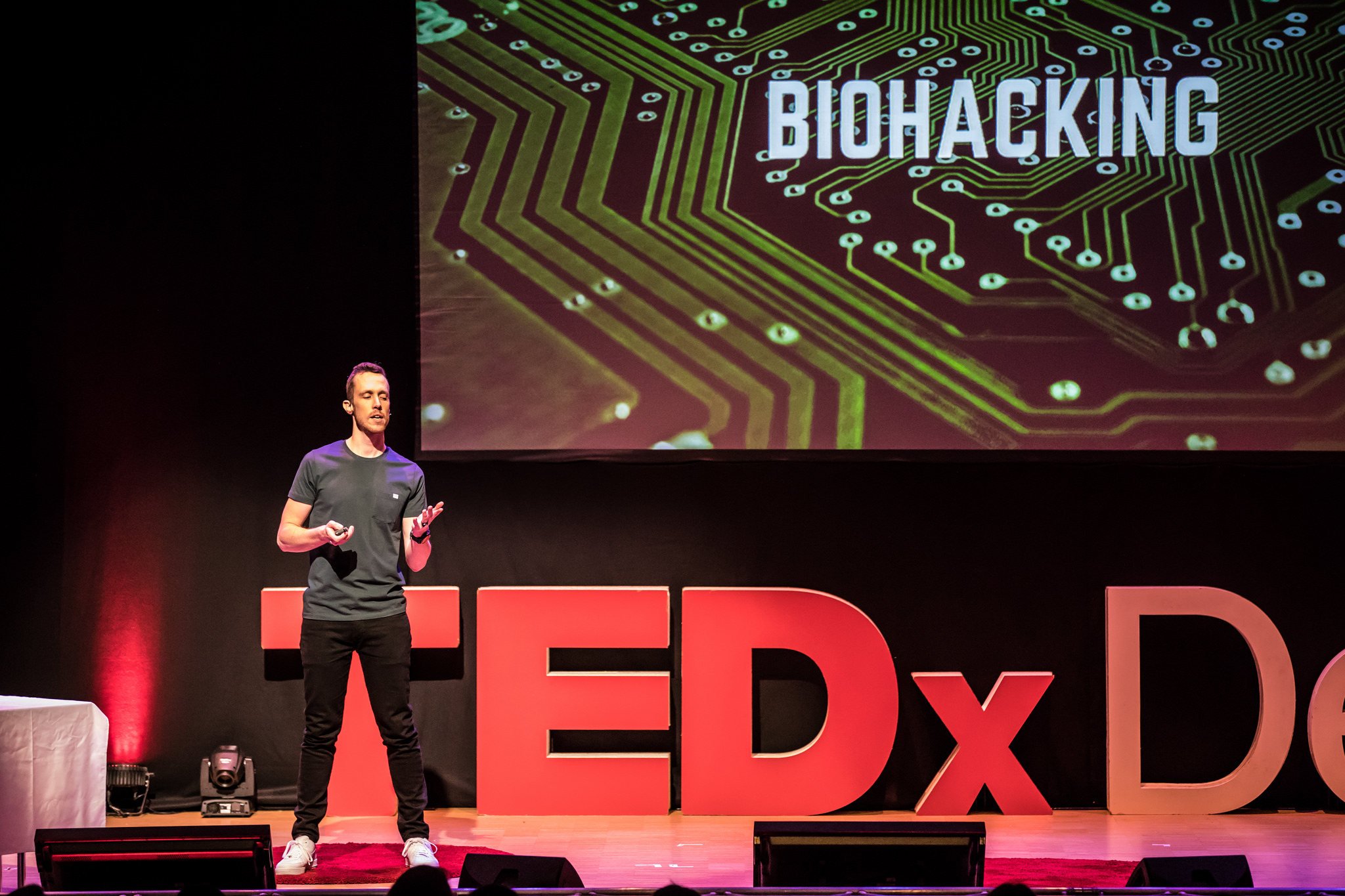

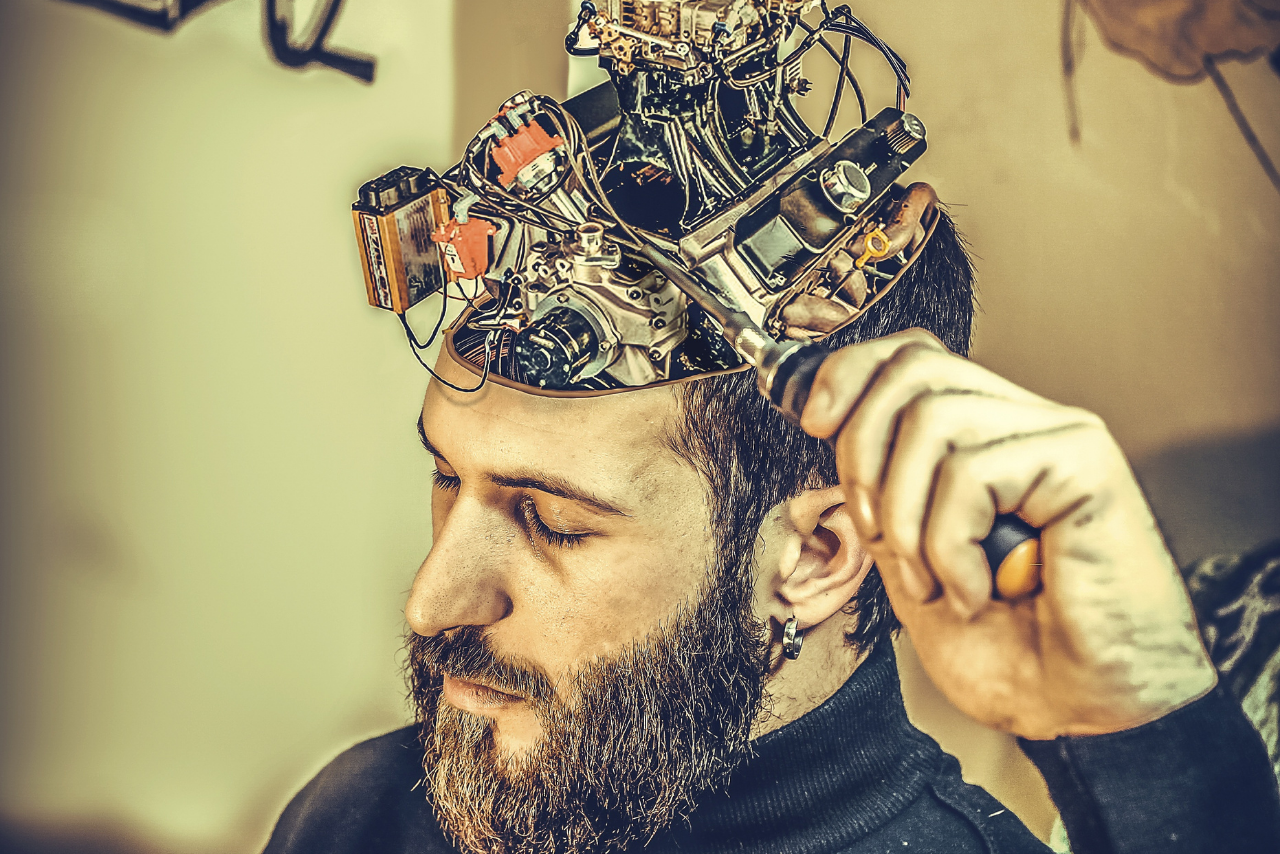
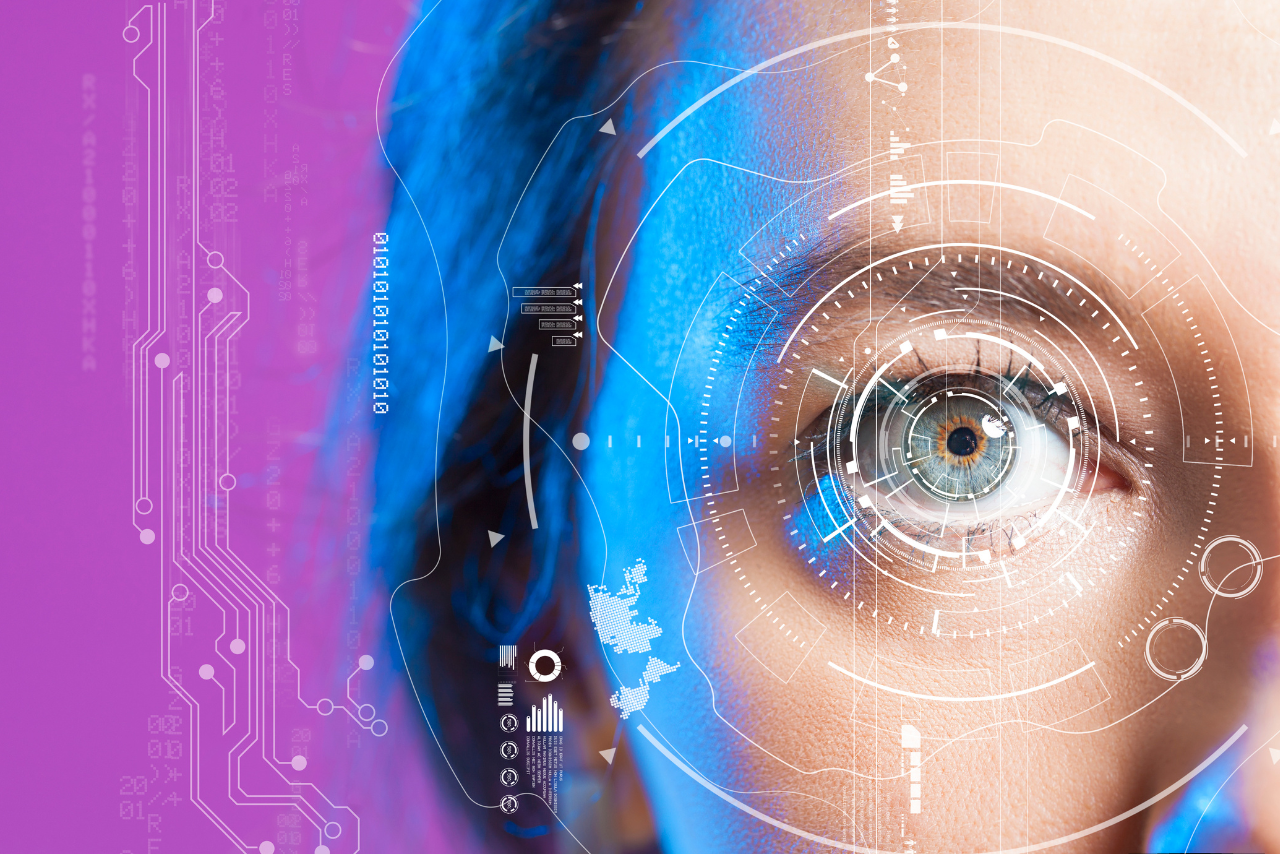
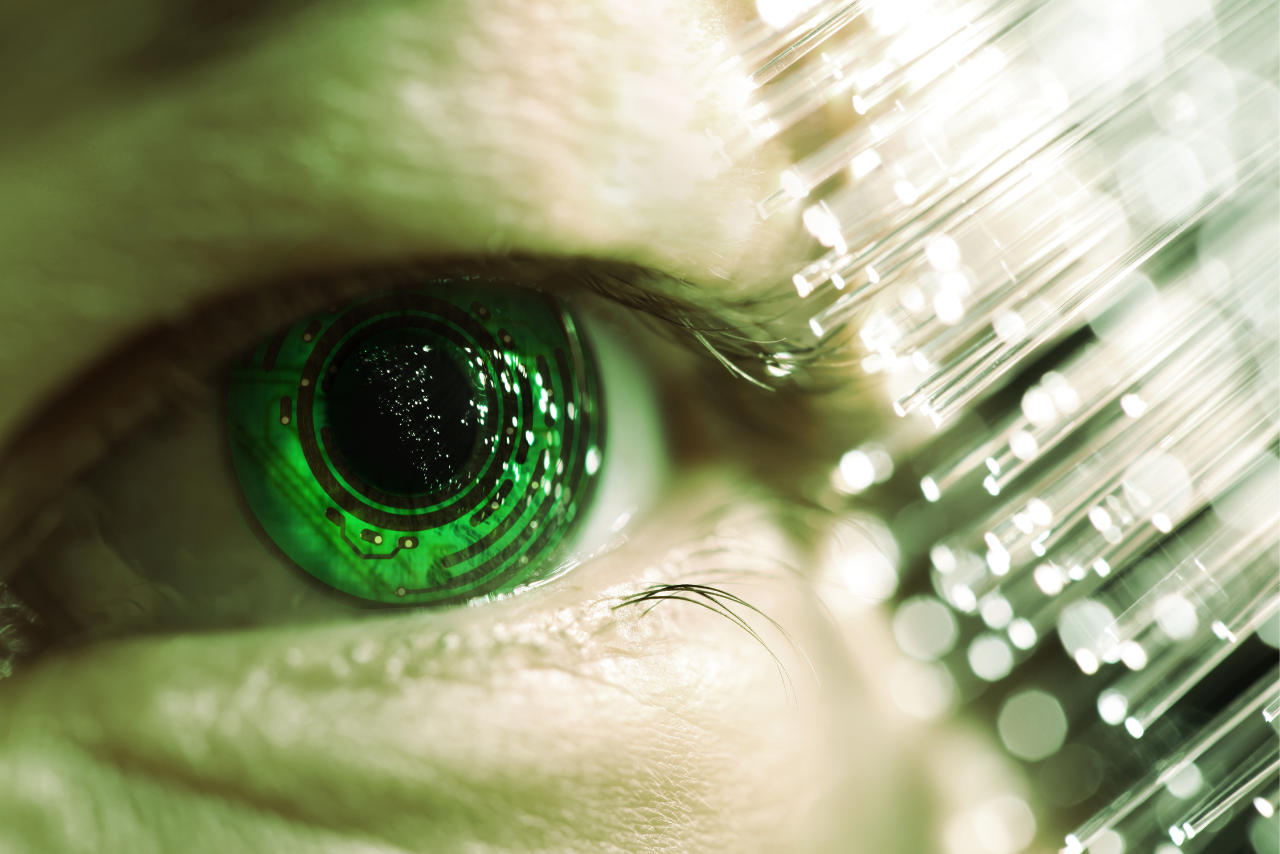
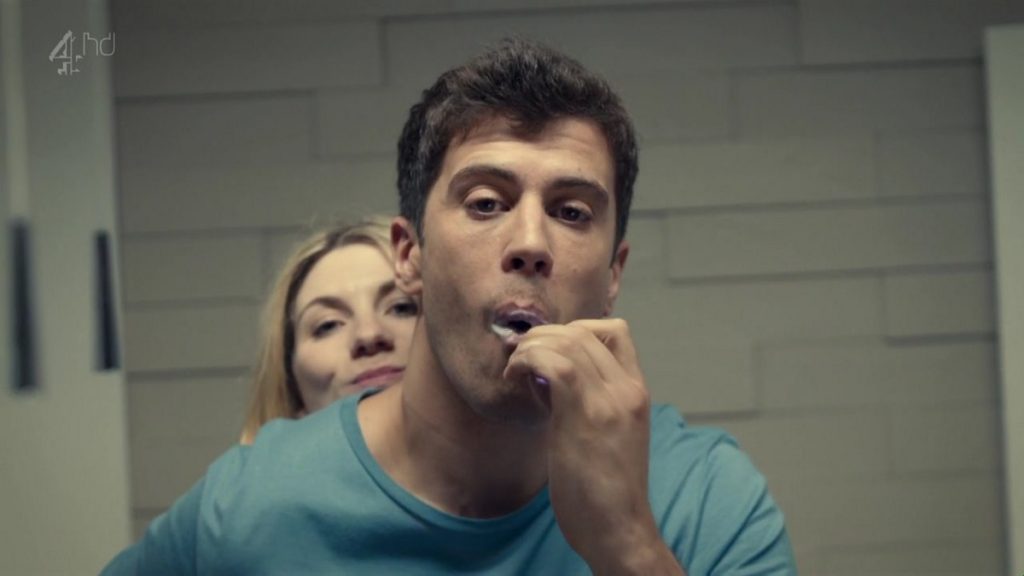
Thanks for explaining that biohacking is about using technology and personal experiments to optimize your life and your body. I’ve been reading a lot about the benefits of using a biohacking app on my phone to help me build healthy habits to keep me healthy physically, mentally, and spiritually. Perhaps it’s key time that I try downloading a biohacking app so I can try this technique to better myself. Thanks again!
Hi Levi,
Thanks for your comment! There are indeed a lot of definitions of biohacking.
Nice that you will get started, good luck :)
Peter
Thanks for explaining! Biohacking works in mysterious ways to give you complete control over your body.
I extended my knowledge with serial entrepreneur and biohacking expert Jean Fallacara. Get in touch with Jean Fallacara to get personalized training on biohacking and get his insightful training.
Can a device be implanted into the human body of a host. So that the sub host can see an hear everything going on from a distance
Great article, thanks to the author, good job!
Take a look on my website.